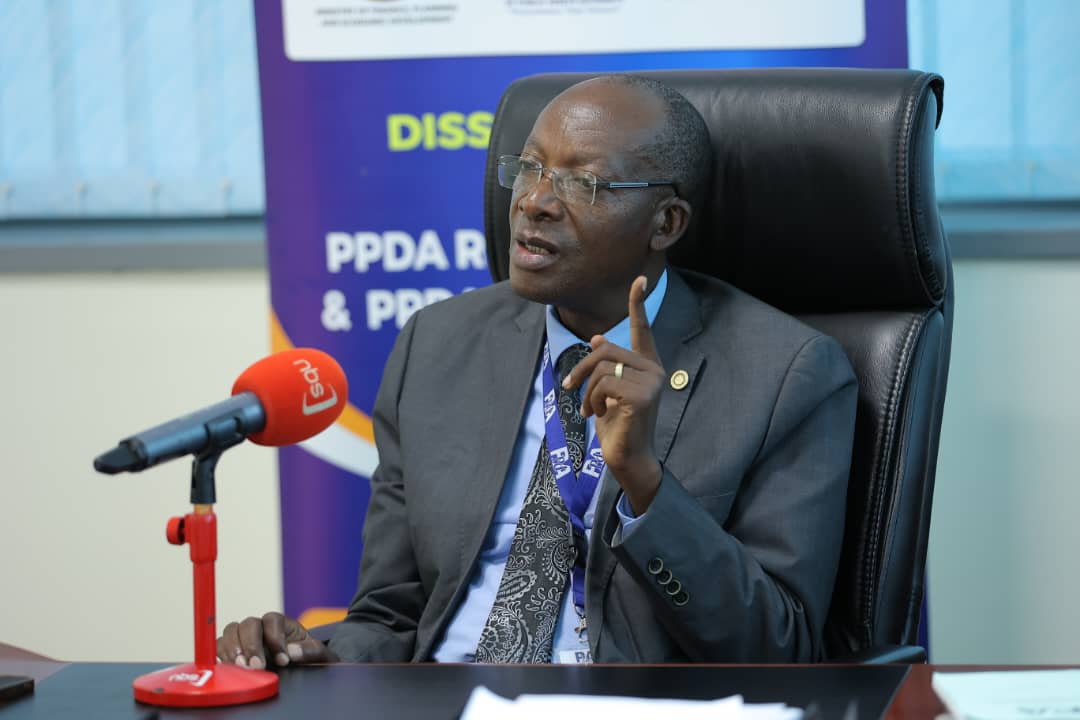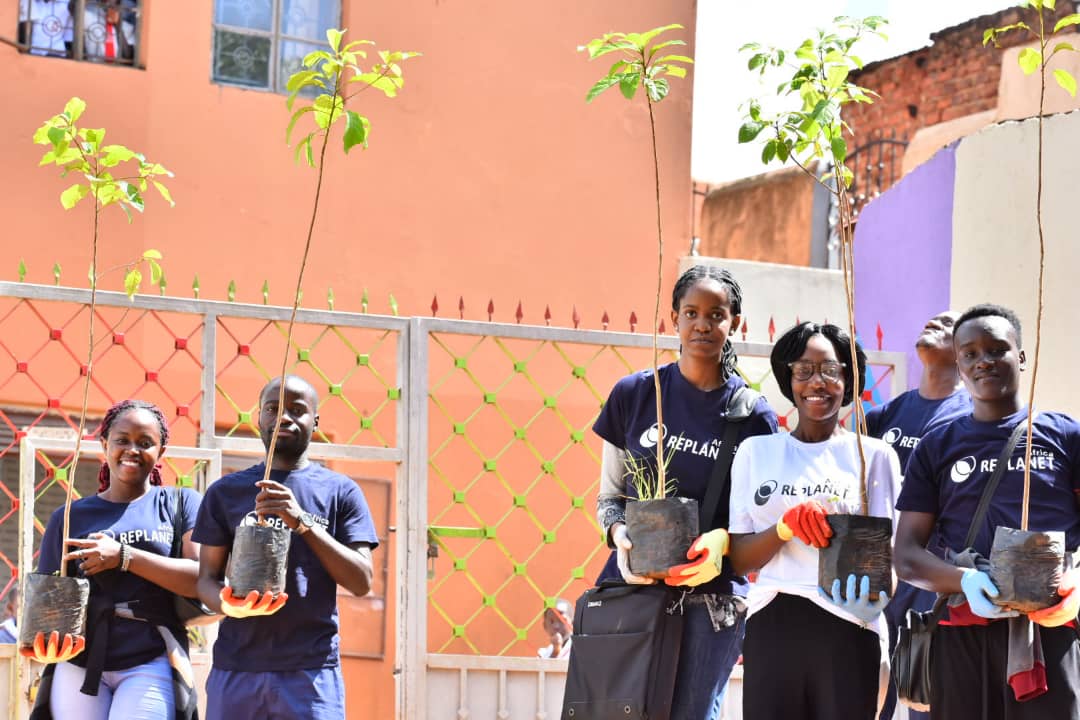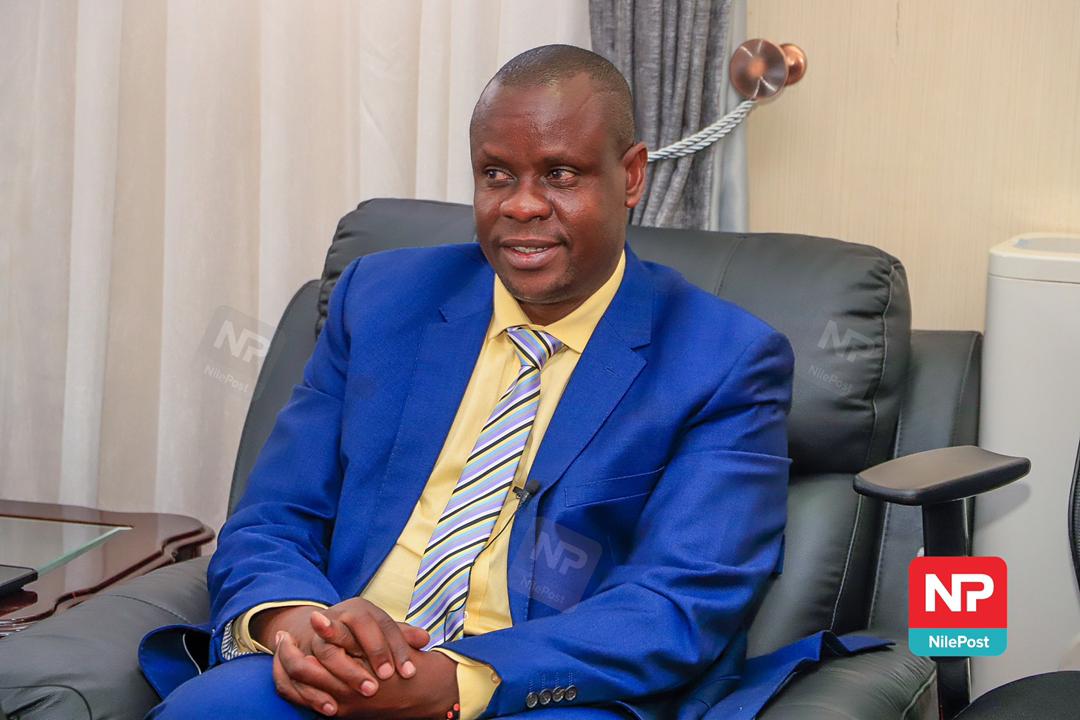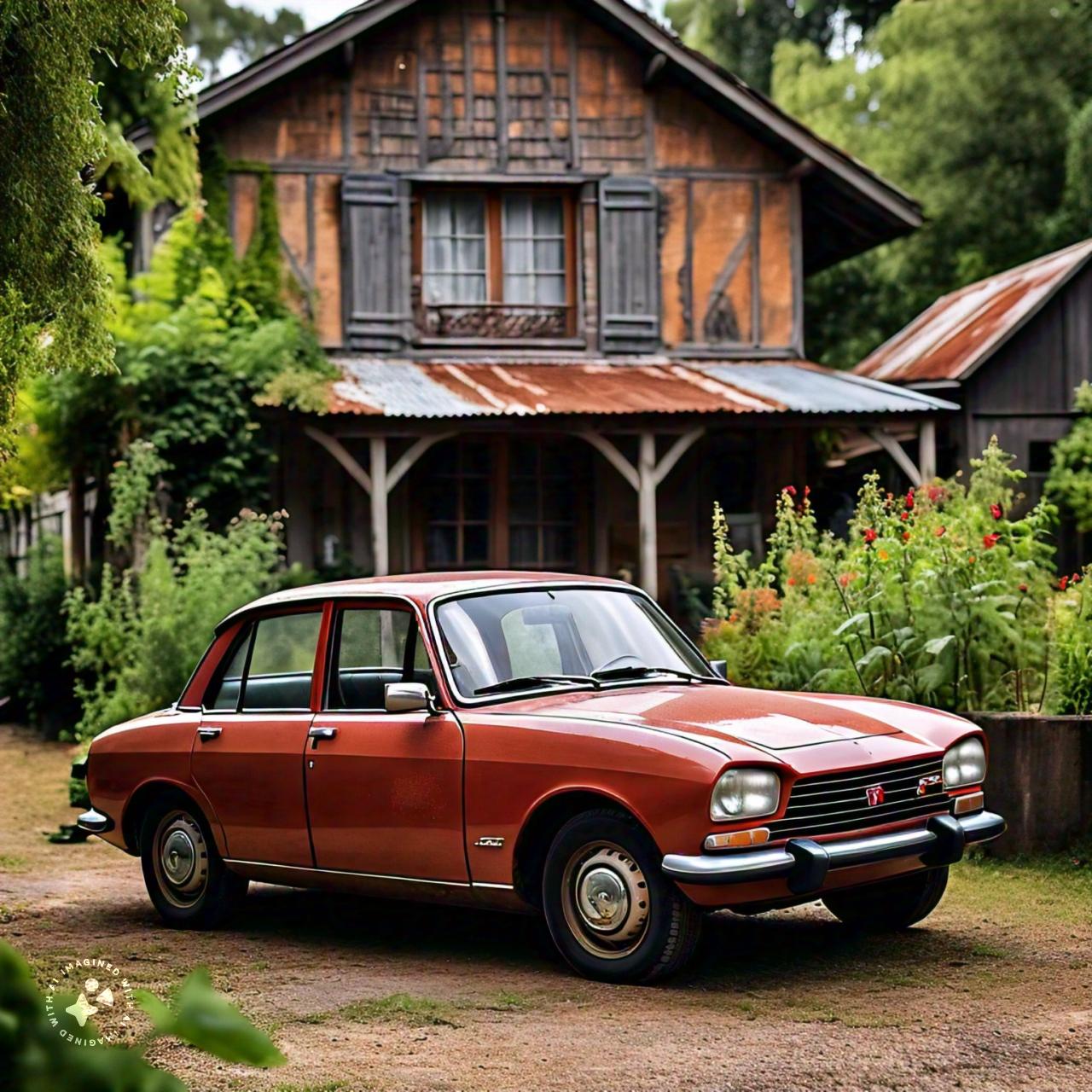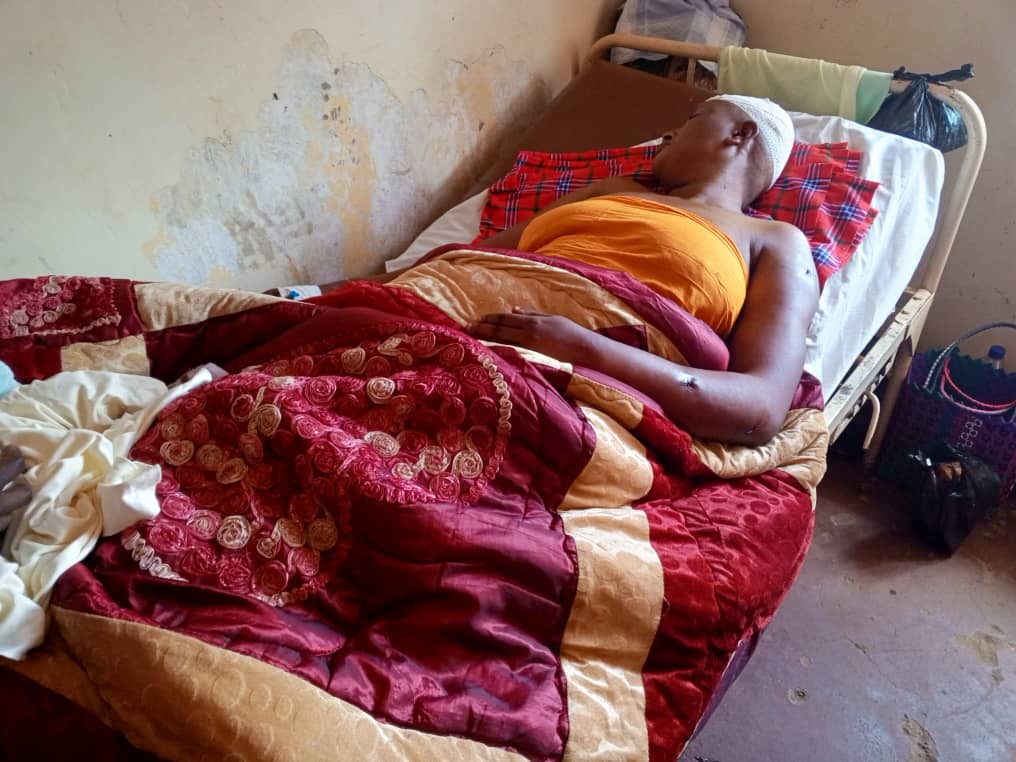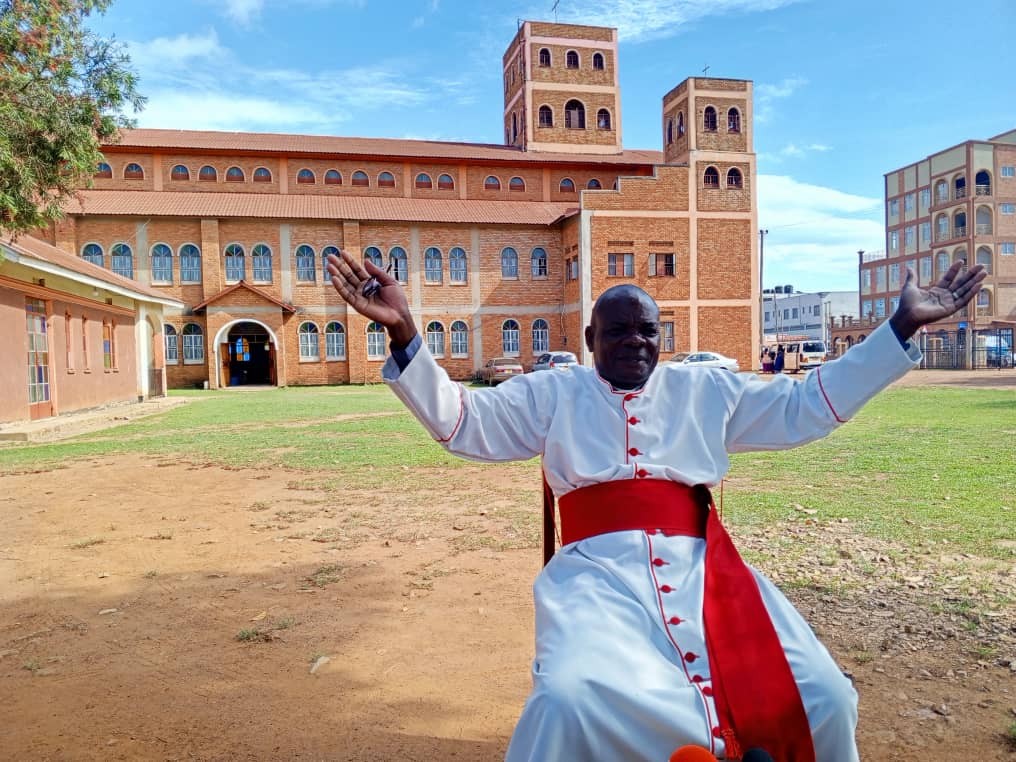Big Interview: We need political dialogue-Charity Ahimbisibwe
Analysts have over time attributed Uganda's fractious politics to President Museveni's long stay in power, institutional dysfunction, deteriorating security, breakdown of social services, growing poverty among others.
In an interview with the Nile Post, the executive director Electoral Laws Institute in Uganda, Charity Ahimbisibwe said in order to create a good political environment, the government and the opposition must adopt a more gracious approach in dealings with each other.
Excerpts below:
Keep Reading
*****************************************************************
As someone who has been following by-elections in this country, are you satisfied with the conduct of these elections?
By-elections are a preamble to the main elections. They reflect what usually happens in the major electoral processes and in the last couple of years. I think from 2020 through to 2021 and now 2022, the by-elections we have held in those years have been degenerating in the quality of elections and electoral processes. If we look at our electoral processes from 1996 to 2021, there are some problems that have existed in our electoral processes and they continuously come with every process that is held.
One of the issues is voter bribery, then the other issue is allegations of ballot stuffing, the other issue is ghost voters. These issues are persistent problems and these days, they are escalating.
There is violence, there is over involvement of the security in these processes and these days we have seen it growing in every by-election. Now there is a new tradition where the Election Commission releases DR forms ahead of time of pronouncement like it happened with the Soroti by-election.
What are some of the key factors that are supposed to deliver a good election?
Political environment is supposed to be healthy. If you look at Kenyan elections, they have enjoyed a lot of health in the political environment. There is what we call a tight race between Raila Odinga and William Ruto. There is a lot of pressure from the two camps but there is no one who is killing the other from the other camp because the political environment allows for such to happen.
In Soroti, car tyres of the opposition members were deflated, you ask Doreen Nyanjura [deputy Lord Mayor] . The cars of all the people she was moving with were deflated. When those things happen, it is really unfortunate. [Some opposition supporters] were arrested by cars that were numberless. We saw that in Omoro as well. Those things have painted electoral processes. Once the process is not healthy, then whatever the result is, is not credible.
Do you think we have the will to create a favourable political environment as a country?
Whether there will be a political will is a very difficult question to respond to at this stage because building a healthy political environment would take both the opposition and government and all the political parties agreeing but if you look at our political spectrum even IPOD, they have failed to agree.
There is the National Unity Platform (NUP) which has never stepped in IPOD and said ‘I will not come to IPOD because I don’t trust anybody who is in IPOD. But if you can’t dialogue, if you don’t talk about issues, then how do you create a healthy environment? If there is only contestation, fighting, counter accusations, anger, hatred, bickering, there will never be a healthy political environment and as long as it doesn’t exist, it will continue to taint all the other electoral processes. What needs to be done is for us to take time in the dialogue to reflect on our historical problems, remembering the wars that we lived through, remembering that violence is one that most Ugandans don’t want anymore.
Opposition has several times called for the boycott of elections. In your view do you think this can work?
The truth is boycotting elections would have looked like an option but if elections are boycotted it is equal to say you are boycotting the constitution because the constitution from Article 1 say power belongs to the people and the people will elect their representatives and Article 59 says as long as you are 18 years of age you have a right to vote.
Now if you say you are going to boycott elections, how do leaders get elected? What that will do is that the citizens will think they don’t have a say in their country and yet Article 38 of that constitution says the citizens will participate in the governance of their country.
Issues of national interest in Article 5 will be above all other interests. So, is the election of national interest? Yes, because it is the voice of the people, it is when the people express their views.
If we boycott them [elections] then we are saying people no longer have a say and once people don’t have a say, then you are on the wall and the demons before 1986, the war will be back.
Do you think Ugandans no longer trust the Electoral Commission and the security forces when it comes to the management of electoral processes in Uganda?
We need an Electoral Commission elected by Ugandans who Ugandans can trust because right now all research that has been done by Afro-barometer from 2016 up to 2021, the number of Ugandans who have grown in mistrust for Electoral Commission and for the security forces in terms of election has gone so high. No wonder 7.7 million Ugandans didn’t show out for polling in 2021. That is a big number. There is violence. Violence keeps away voters.
Recently the opposition signed an agreement to fight election malpractice in the country following the allegations of vote rigging in some of these by-elections. In your view, do you think this will be possible?
But Dr Kizza Besigye said they didn’t sign anything, he said they just released a press statement but they didn’t sign any form of agreement. If they didn’t sign an agreement, it is already telling you that even the opposition, as much as they are saying they are uniting to fight electoral malpractice, they don’t have a creed on which they are basing to fight that malpractice. I want to believe that when the opposition unite, it is better than when they work in a dysfunctional manner because when they work together, it is one front or many fronts against one continuous idea of oppression for them. When they work together, there can come good ideas on how to improve the political environment, on how to end the question of violence.
In most of these by-elections, there were no voices of the election observers as it used to be in the previous elections. What could have happened?
The current Election Commission doesn’t want citizens to observe elections. The current Electoral Commission is bent on killing citizens observation groups. The current Electoral Commission is bent on denying citizens who knew how to audit electoral processes a chance to audit those processes. They started in 2021 with the methodology of keeping citizens away from observing the processes and this has continued into all the by-elections.
DP president Norbert Mao recently signed an agreement with president Museveni. What does this agreement mean for the entire opposition in your view?
This means the opposition has got compromised. I don’t think Ugandans can trust that there is an opposition anymore. That means the citizens are on their own. Mao signing that agreement is simply saying political parties cannot be organised and stick to the ideologies they believe in because you cannot say I have moved to work inside another political party but I am remaining with one foot in the other political party.





